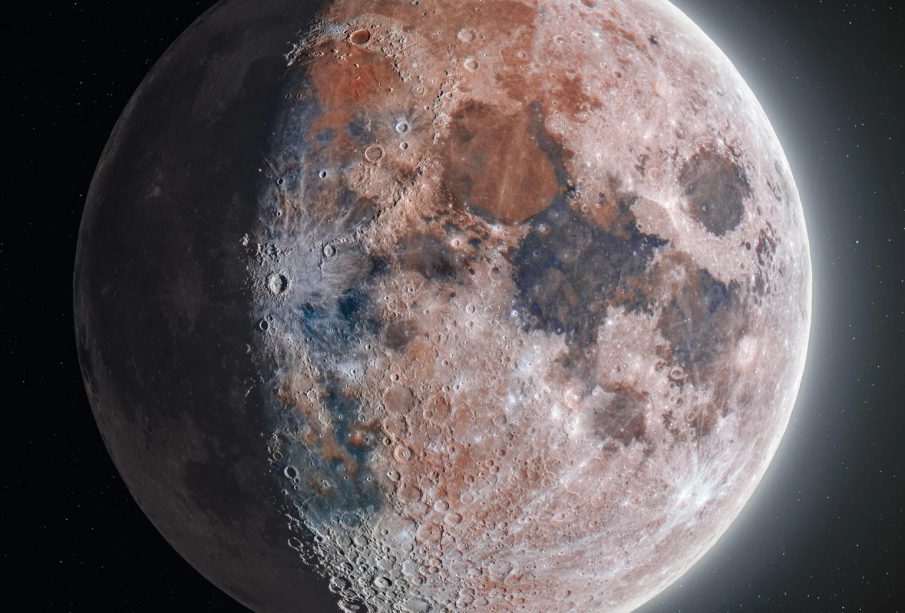Exploring the Moon: Recent Discoveries and Their Significance

The Importance of Lunar Exploration
The Moon has always fascinated humankind, serving as a symbol of dreams and exploration. Recent advancements in space technology have reignited interest in lunar research. As nations and companies invest heavily in programs to study the Moon, understanding its assets and potentials becomes more crucial for scientific development and future interstellar endeavors.
Recent Missions and Discoveries
This year has witnessed significant advancements in lunar exploration. The NASA Artemis program, set to return humans to the Moon by 2025, successfully conducted several key tests with its Space Launch System (SLS) rocket in 2023. This program aims not only to land astronauts but also to establish a sustainable presence on the Moon that can pave the way for future missions to Mars.
In addition to NASA, numerous countries, including China and India, have made remarkable strides. China’s Chang’e 5 mission, launched in late 2020, successfully returned lunar samples to Earth, revealing new insights into the Moon’s mineral composition. Meanwhile, India’s Chandrayaan-3 mission landed on the Moon’s south pole in August 2023, marking a historic achievement for the country as it continues to explore this uncharted territory.
The Significance of Lunar Research
Understanding the Moon is pivotal for several reasons. Firstly, the Moon’s surface harbors essential resources, including water ice at the poles, which could support future human settlements and sustain life during space explorations. Moreover, studying the Moon offers a look back into the early solar system history, as its surface has remained relatively unchanged for billions of years, acting as a time capsule.
Furthermore, establishing a human presence on the Moon can serve as a proving ground for technologies and life support systems necessary for deep space exploration. The experience gained from lunar missions could significantly inform NASA’s upcoming Mars initiatives, thus being a critical step for humanity’s future in space.
Conclusion
The continuing exploration of the Moon serves not just as a reminder of our innate desire to explore but also holds keys to understanding our universe and ensuring the longevity of human life beyond Earth. As missions from various nations unfold, the coming years promise to bring groundbreaking discoveries that could shape our view of the cosmos and redefine our place within it.









